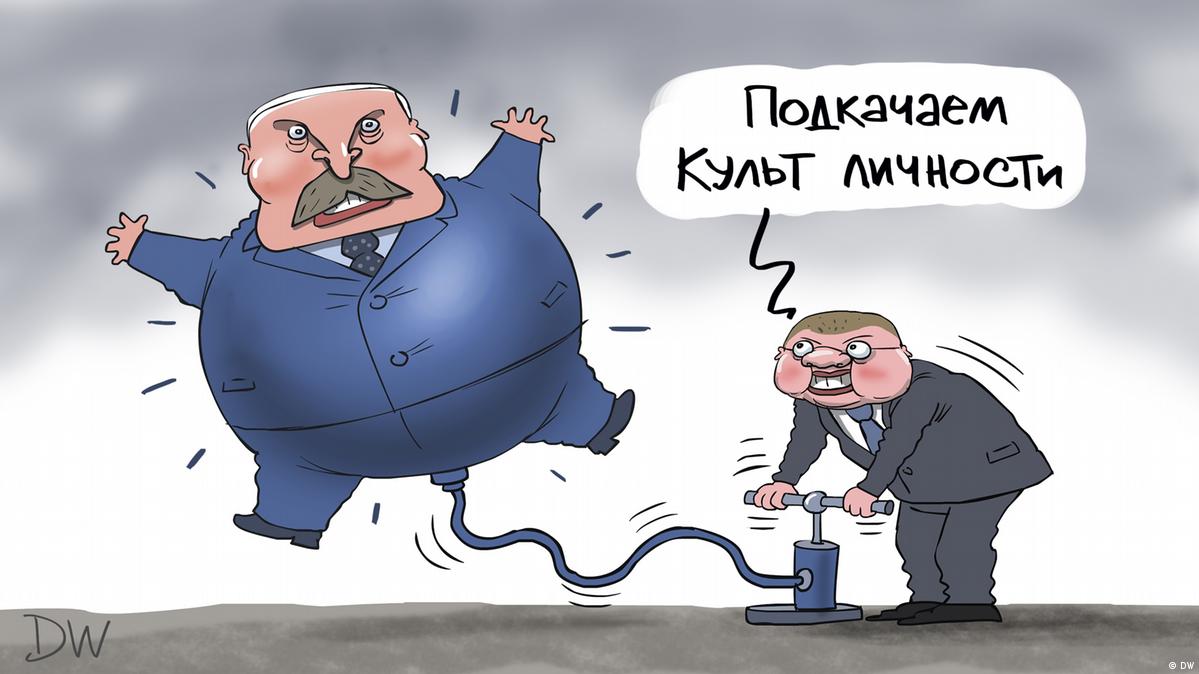Elections 2024: Fine-Tuning the Electoral System
 The situation has not changed
The situation has not changed

The powers that be are putting the brakes on conditions essential for public protests against vote tampering. Those running the elections are shutting down independent observation and ramping up the persecution of anyone attempting an alternative vote count. The regime’s enforcers are actively discouraging participation and political engagement among those advocating for change, resorting to harsh measures, and keeping opposition candidates from political organizations out of the picture.
Elections still play a crucial role in the ruling class’s internal legitimacy. The election organizers are pulling out all the stops to manipulate voters into behaving a certain way, with serious consequences for those who deviate. This includes artificially boosting turnout among those who benefit from the state, stifling competition (opposition to the regime), and discouraging opponents through strategies like absenteeism. They are especially keen on enforcing an authoritarian model of voting behavior, targeting young people, public sector workers, and state employees.
Even though the required turnout threshold has been scrapped, the ruling class is keen on showcasing impressive voter turnout figures. These numbers are vital for justifying electoral legitimacy through propaganda and creating a perception of widespread support for the regime. They present high voter turnout in elections lacking alternatives and competition as a sign of backing for the state’s direction and the legitimacy of the ruling class.
Regime enforcers are adapting repressive and propaganda measures to prevent a repeat of a color revolution following the “shocking” elections, learning from experiences in 2020. Election organizers are making the electoral process completely closed and opaque to society, aiming to prevent the leakage of voting results into the public domain, which could trigger discontent and lead to protests against falsifications. They forbid independent observation and alternative vote counting, and voters are subjected to demonstrative persecution for atypical electoral behavior, like taking photos or removing ballots.
To ensure a high turnout, five days of early voting are in play, making it challenging to keep tabs on the actual number of voters. The authorities are compelling public sector workers, students, and military personnel to vote early to create an illusion of massive participation in the elections.
Regime enforcers persist in demotivating opponents from participating in the election campaign through repression and the absence of opposition candidates.
It’s likely that the ruling class will skip a contested 2025 presidential election and block the nomination of opposition candidates out of fear of galvanizing supporters of change. One plausible scenario involves registering obscure contenders who could still pose certain threats in the event of a protest vote. Early voting numbers will probably continue to rise, and regime enforcers will keep up repression to discourage opponents and amplify sentiments of absenteeism and boycott.
Subscribe to our newsletter




Situation in Belarus
Constitutional referendum: main consequences


 Video
Video
How to count the political prisoners: are the new criteria needed?


 Video
Video
Paternalism In Decline, Belarusian Euroscepticism, And The Influence Of Russia


 Video
Video












